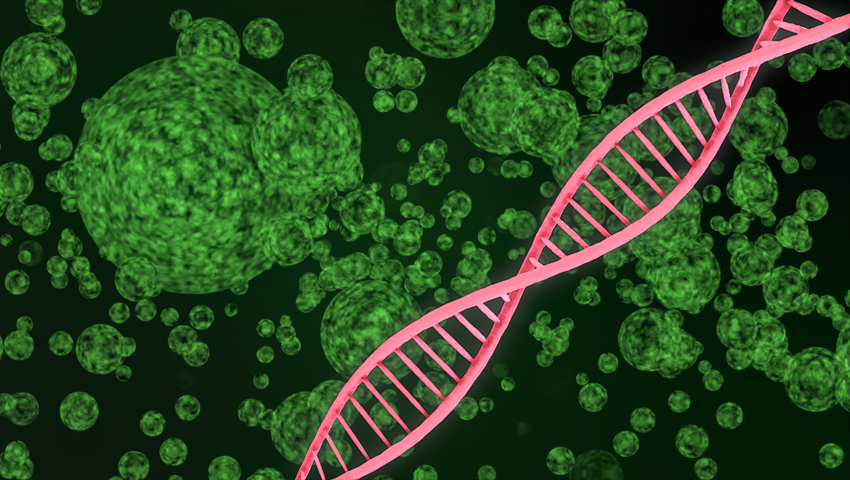The government has described the Genetic Technology (Precision Breeding) Act, which passed into law last month as a “major step in unlocking growth and innovation in new technologies, reinforcing food security in the face of climate change and ensuring England becomes a world-leader in agri-food innovation.”
But Dan Crossley, Executive Director of the Food Ethics Council, says that things are not straight-forward. “Whatever people’s views on the rights and wrongs of gene editing, we know that food and feed in the UK won’t be the same again. With the new Genetic Technologies Act, we’ve well and truly let the gene out of the bottle.
“One important aspect of this is that the UK government is currently saying that gene edited products won’t have to be labelled. Whether or not they do has big implications for how regulation is developed, how products will be able to move between the home nations and for export, and what happens to organic and other certification schemes.”
The Act will set in motion changes to allow farmers to grow crops which are drought and disease resistant, reduce use of fertilisers and pesticides, and help breed animals that are protected from catching harmful diseases.
Precision breeding involves using technologies such as gene editing to adapt the genetic code of organisms. Proponents argue that this will create beneficial traits in plants that through traditional, breeding would take decades to achieve. This enables scientists to create foods that are potentially more flexible, adaptable and plentiful for years to come.
Under the provisions of this Act, a new science-based and streamlined regulatory system will be introduced to facilitate greater research and innovation in precision breeding – with stricter regulations remaining in place for genetically modified organisms (GMOs).
Defra’s Chief Scientific Adviser Gideon Henderson says that gene editing enables to make “precise, targeted changes to the genetic code of organisms, in a way that can mimic traditional breeding, enables development of new crop varieties that are more resistant to pests, healthier to eat, and more resilient to drought and heat as climate changes.”
The Genetic Technology (Precision Breeding) Act covers precision-bred plants and animals developed through techniques such as gene editing. This is different to genetic modification (GM), which produces crops containing genetic changes that could not have occurred through traditional breeding or occur naturally.
Mr Henderson said “While there is great potential for increasing innovation, the government recognises that there is a need to safeguard animal welfare in the new regulatory framework. That is why we are taking a step-by-step approach, enabling use of precision breeding technologies with plants first followed by animals later.
The Food Ethics Council will be holding a Food Policy on Trial soon, where it will put the idea of labelling gene editing ‘in the dock’.”
